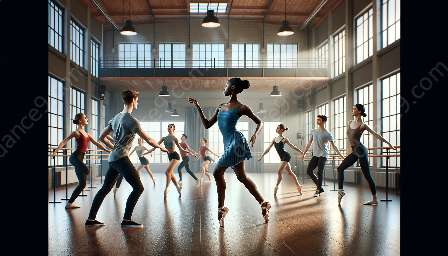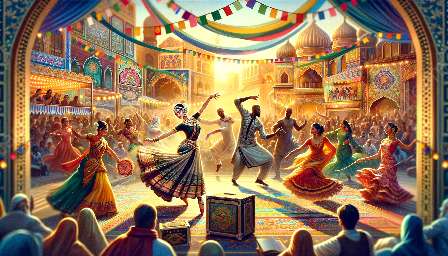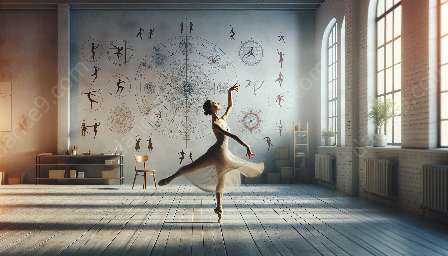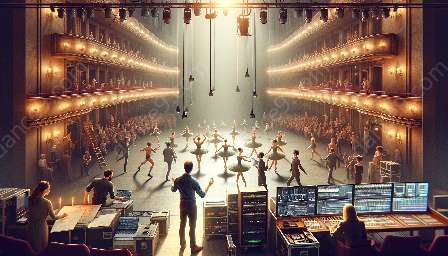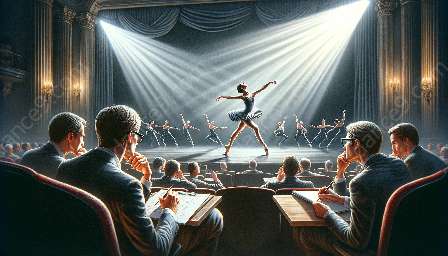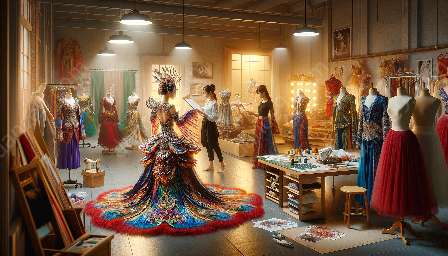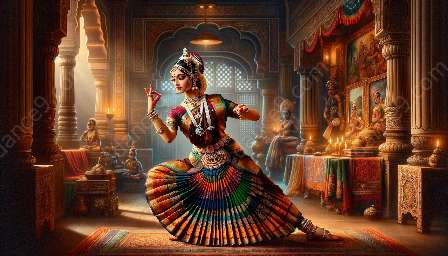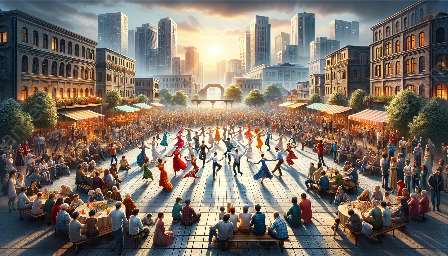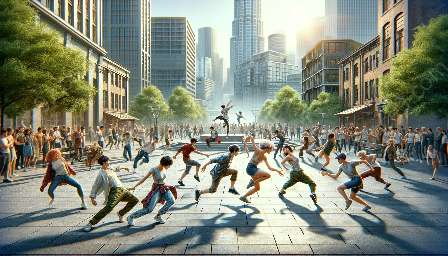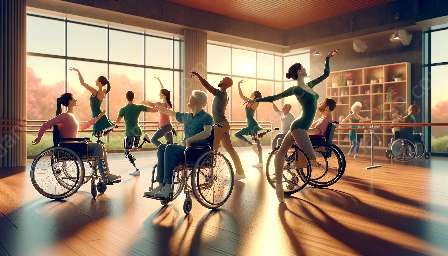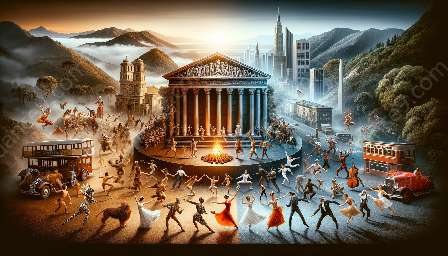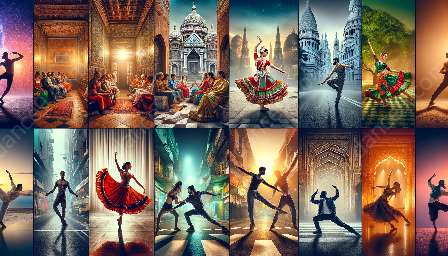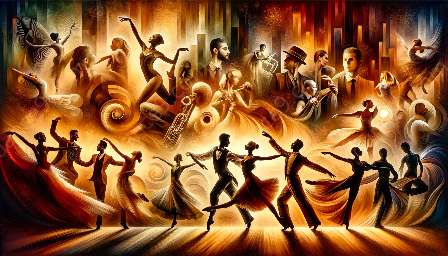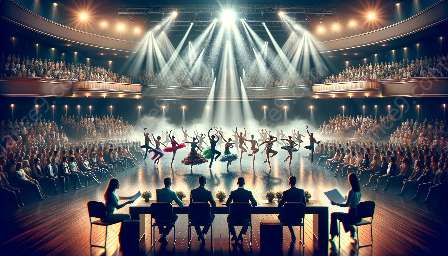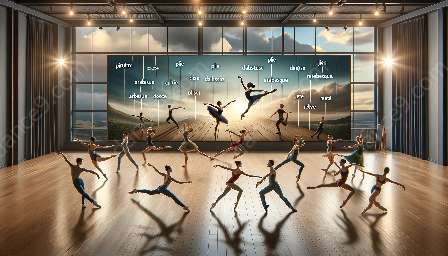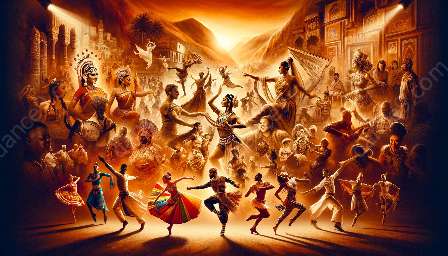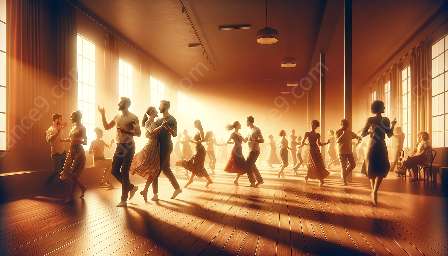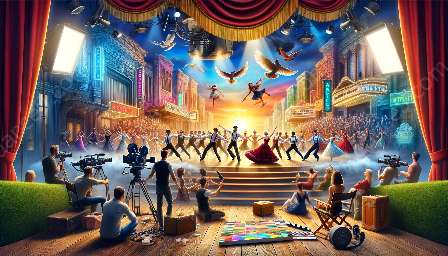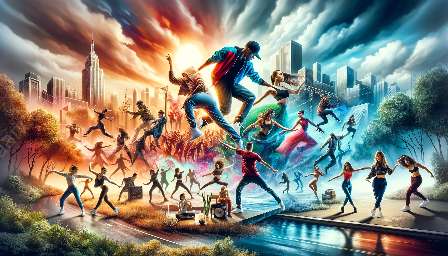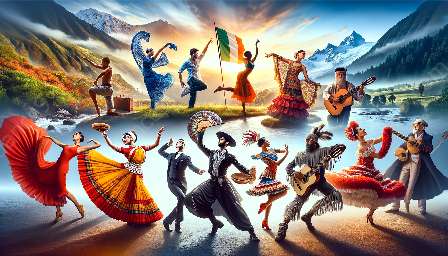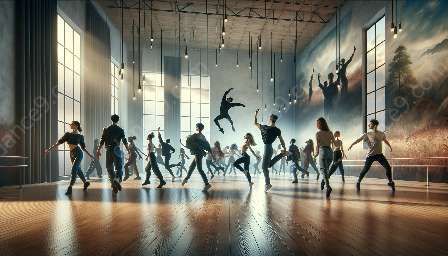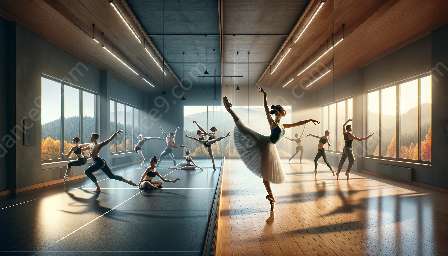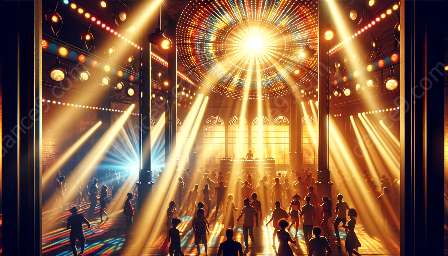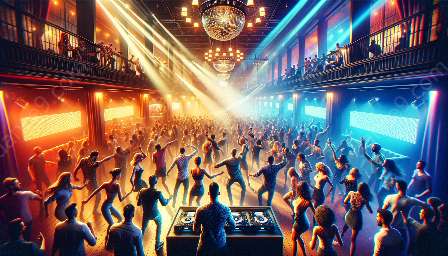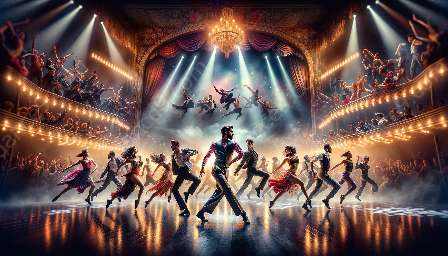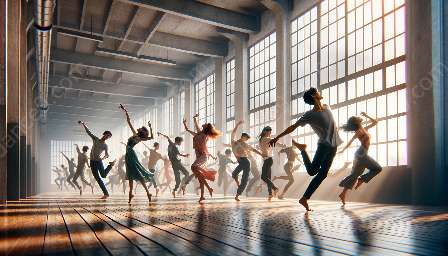Dance is an art form that has always been intertwined with societal issues, reflecting the cultural, social, and political landscapes of the time. From addressing gender equality and human rights to expressing emotions and connecting communities, dance has proven to be a powerful medium for highlighting and responding to various societal issues.
Historical Context of Dance and Society
Throughout history, dance has served as a vessel for expressing and responding to societal issues. Traditional dances often carry cultural and historical significance, embodying the values, beliefs, and struggles of communities. For example, the African diaspora brought forth dances like the Samba and the Tango, which mirrored the experiences of the communities involved, representing resistance, resilience, and social change.
Impact of Contemporary Dance on Society
In the modern era, dance continues to reflect and respond to societal issues, offering a platform for artists to address pressing concerns and advocate for change. From contemporary choreography depicting environmental degradation to dance movements advocating for LGBTQ+ rights, the impact of dance on society is profound and multi-dimensional.
Role of Dance as a Medium for Social Commentary
Dance serves as a medium for social commentary, providing artists with a platform to voice their perspectives on societal issues. Through movements, gestures, and choreography, dancers can convey powerful messages that provoke thought and inspire action. In this way, dance becomes a catalyst for societal change and a means of empowering communities to address and overcome challenges.
Dance as a Career: Advocating for Social Change
For individuals pursuing dance as a career, the opportunity to advocate for social change through their art is both a responsibility and a privilege. Professional dancers, choreographers, and instructors often utilize their platforms to raise awareness about pertinent societal issues and facilitate conversations about change. Whether through performance, education, or community engagement, dancers play a crucial role in driving social progress.
Inclusivity and Diversity in Dance
Furthermore, dance as a career emphasizes the importance of inclusivity and diversity, addressing societal issues related to representation and cultural appreciation. By promoting inclusivity in choreography, casting, and training, dance professionals can contribute to a more equitable and inclusive society, fostering understanding and empathy through their art.
Empowering Communities through Dance
One of the most significant ways dance reflects and responds to societal issues is by empowering communities. Dance initiatives and outreach programs often aim to address social challenges, offering marginalized populations opportunities for self-expression, personal growth, and community connection. Through dance, individuals are empowered to build confidence, overcome adversity, and effect positive change within their communities.
The Future of Dance and Societal Impact
As the relationship between dance and societal issues continues to evolve, it is essential to recognize the potential for dance to drive meaningful change. Whether through advocacy, education, or artistic expression, dancers and dance professionals have the capacity to address pressing societal issues and inspire collective action, shaping a more inclusive, empathetic, and empowered society.


